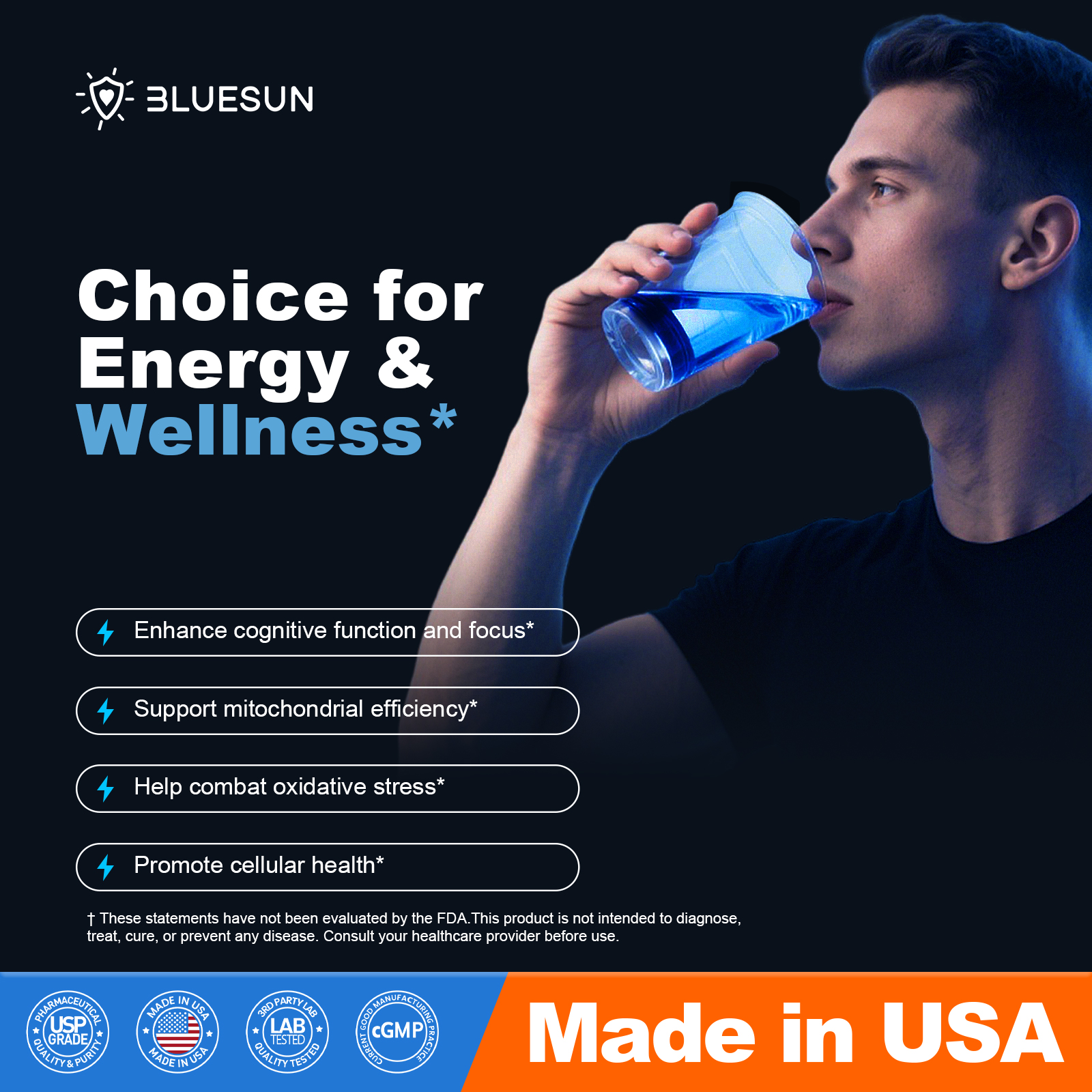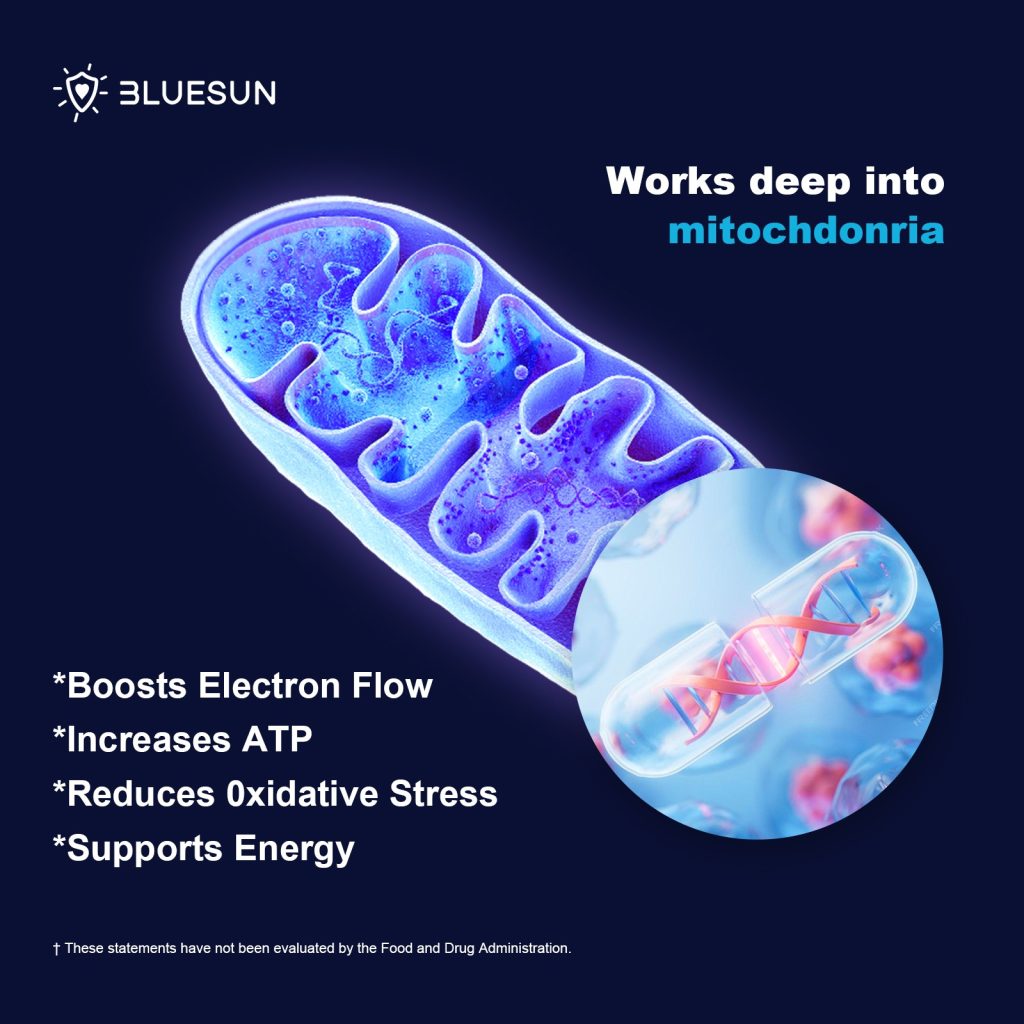Key Points
– Methylene blue is a compound used in medicine and as a supplement, with research supporting its use for blood disorders and potential cognitive and energy benefits.
– Common questions include its benefits, usage, safety, and interactions with medications.
– A surprising detail is that while it has a long medical history, most supplement benefits are based on animal studies, not human research.
| methylene blue |
|---|
| methylene blue pharmaceutical grade |
| methylene blue for humans |
What is Methylene Blue?
Methylene blue is a chemical compound historically used as a dye and in medicine, especially for treating methemoglobinemia, a condition where blood can’t carry oxygen well. As a supplement, it’s gaining attention for possible cognitive and energy support.
Common User Questions
Users often ask about benefits, how to use it (drops or capsules), dosage, side effects, and safety. For example, they want to know if it’s safe with other medications and how long it takes to see results.
Safety and Usage
It’s generally safe in low doses, but can cause blue urine or tongue, and may interact with SSRIs, causing serious side effects. Always consult a doctor, especially if you have G6PD deficiency.
Comprehensive FAQ: Answering Your Questions About Methylene Blue
Methylene blue is a fascinating compound with a long history in medicine and growing interest as a dietary supplement. Whether you’re considering it for its potential health benefits or curious about how to use it, we’ve compiled a detailed FAQ to address your common questions. This guide covers everything from what methylene blue is to safety considerations, ensuring you have the information you need to make informed decisions.
What is Methylene Blue?
Methylene blue is a chemical compound first synthesized in 1876 as a textile dye. It later found medical applications, notably for treating methemoglobinemia, a condition where hemoglobin cannot effectively release oxygen to tissues. Approved by the U.S. Food and Drug Administration (FDA) for this use, it acts as a redox agent to convert methemoglobin back to hemoglobin, improving oxygen delivery. Recently, it has gained popularity as a supplement, often marketed for potential cognitive and cellular energy support (GoodRx Methylene Blue Uses Benefits Risks).
What are the Benefits of Taking Methylene Blue as a Supplement?
While research is ongoing, some studies suggest methylene blue may support cognitive function, act as an antioxidant, and enhance cellular energy production. For instance, a 2017 study in The FASEB Journal found it can improve mitochondrial respiration, potentially boosting energy in cells (The FASEB Journal, 2017). A 2016 study in Scientific Reports showed memory improvement in animal models by increasing brain oxygen use (Scientific Reports, 2016). However, these benefits are based on preliminary studies, mostly in animals or labs, and more human research is needed to confirm effects.
How Does Methylene Blue Work in the Body?
Methylene blue works as a redox agent, helping convert methemoglobin to hemoglobin in the blood, which improves oxygen delivery. As a supplement, it’s thought to support mitochondrial function, the process by which cells produce energy, potentially enhancing vitality, especially in high-energy tissues like the brain and muscles (StatPearls Methylene Blue Medical Use).
What Forms Does Your Product Come In, and How Do I Use Them?
We offer methylene blue in two forms to suit different preferences:
– Drops: Each serving (20 drops or 1 mL) contains 10 mg of methylene blue. Add to water or juice and consume once daily, preferably with a meal for better absorption. Shake the bottle gently before use and use the dropper for accurate dosing. A 60 mL bottle provides about 60 servings.
– Capsules: Each capsule contains 12 mg of methylene blue. Swallow with water, ideally during a meal. Each bottle contains 90 capsules, a two-month supply at one per day.
Both forms may cause temporary blue discoloration of urine or tongue, which is normal and harmless.
What is the Recommended Dosage?
For drops, start with 20 drops (10 mg) per day. For capsules, take one capsule (12 mg) per day. Do not exceed these amounts without consulting a healthcare professional, there’s no standardized dosage (Holistic Nootropics Methylene Blue Benefits).
Are There Any Side Effects or Safety Concerns?
Common side effects include temporary blue discoloration of urine or tongue, nausea, and vomiting. More serious concerns include interactions with selective serotonin reuptake inhibitors (SSRIs), which can lead to serotonin syndrome, a potentially life-threatening condition. People with glucose-6-phosphate dehydrogenase (G6PD) deficiency should avoid methylene blue due to the risk of hemolytic anemia, where red blood cells are destroyed. Always consult a doctor before use, especially if on medications (Drugs.com Methylene Blue Side Effects, FDA Drug Safety Methylene Blue CNS Reactions).
Can I Take Methylene Blue with Other Medications or Supplements?
It’s crucial to consult with a healthcare professional before taking methylene blue if you are on any medications, especially SSRIs, to avoid potential interactions. There’s limited information on interactions with other supplements, so discuss with your doctor for personalized advice.
How Long Does It Take to See Results?
Results vary from person to person. Some may notice effects within a few days, while others might take longer. We recommend consistent daily use for at least a month to assess its effects, as individual responses can differ based on health and lifestyle.
Is Methylene Blue Safe for Long-Term Use?
While there are no long-term studies on its use as a supplement, methylene blue has been used safely in medical settings for many years. However, long-term use should be discussed with a healthcare provider to monitor for any potential effects, given the lack of extensive human data (Mayo Clinic Methylene Blue Intravenous).
How is Your Product Different from Others on the Market?
Bluesun is made with USP-grade methylene blue, ensuring high purity and quality, meeting standards set by the United States Pharmacopeia. We offer both drops and capsules, providing flexibility for users, with carefully measured doses for safety and efficacy, and third-party tested for reliability (Compounding Center Methylene Blue Quality).
Additional Notes
A surprising detail is that despite its long medical history, most research on its supplemental benefits, like cognitive enhancement or anti-aging, relies on animal studies, not human trials, showing a gap between lab findings and real-world application. This highlights the importance of consulting a doctor and staying informed as research evolves.
Remember, these statements have not been evaluated by the FDA. This product is not intended to diagnose, treat, cure, or prevent any disease. Always consult your healthcare provider before use.
Key Citations
– GoodRx Methylene Blue Uses Benefits Risks
– Drugs.com Methylene Blue Side Effects
– FDA Drug Safety Methylene Blue CNS Reactions
– Compounding Center Methylene Blue Quality
– Healthline Anti-Aging Supplements
– Healthline Nootropic Brain Supplements
– UFC Bio Methylene Blue Price
– Skeptical Inquirer Methylene Blue Rogue Claims
– Macsen Labs Methylene Blue Powder Price
– Mayo Clinic Methylene Blue Intravenous
– Medicinenet Methylene Blue Oral Side Effects
– StatPearls Methylene Blue Medical Use
– Wikipedia Methylene Blue Overview
– News-Medical Potential Health Benefits Methylene Blue


